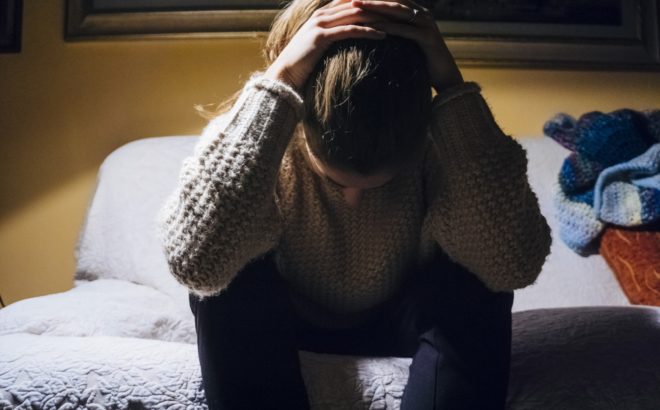Preventing deaths that are preventable
In the early days of my career, I remember hearing stories that made me question whether behavioral health was really for me. As mental health and substance abuse professionals, we see and hear a lot.
Ultimately, though, I realized that helping people in their darkest moments comes with a heavy weight but not an unbearable one. Soon, I was getting used to hearing stories that, before, I wouldn’t have fathomed could be true.
“Used to” seems an odd way to put it, but I do not know how else to say it. As therapists, we get used to hearing stories of trauma, used to late-night calls from an individual in crisis, used to advocating for change and then hearing why change didn’t occur. We gladly take on these challenges.
What we don’t get used to is people dying.
The COVID-19 pandemic is awful, having taken or upturned many lives. But there is another, longer-term pandemic that costs lives as well, one whose rising severity has paralleled the rise of COVID.
Overdoses.
Deaths that are preventable.
The isolation, loss of work, grief, trauma and other detrimental effects of the COVID-19 pandemic has created the worst scenario possible for those struggling with substance abuse and those in early recovery.
Before the pandemic, we were beginning to see our efforts make a difference as deaths from overdoses decreased. We are saddened to see those numbers climbing again.
But, as with vaccinations against the novel coronavirus, we are taking steps to fight the overdose pandemic. At Diakon Family Life Services, for example, we are fortunate to provide Medication-Assisted Therapy for individuals battling addiction.
What we call MAT involves the use of medications, in combination with counseling and behavioral therapies, to serve the whole person in treating substance-use disorders. This combination has been shown to treat these disorders successfully and, for some people, sustain recovery. The medications help to normalize brain chemistry, blocking the effects of alcohol and opioids and relieving physiological cravings.
This is such an important step we were planning the introduction of MAT before the COVID-19 pandemic. Now, it is more important, because even one life lost to a preventable overdose is one too many. The step is important as well because of another thing we have become used to: Knowing that recovery is possible.
Lindsay Seeger, MA, CAADC, Clinical Director, Diakon Family Life Services – Capital Region
Editor’s note: If you are or a loved one are struggling with an addiction, please contact us to learn more. (717) 795-0330.


